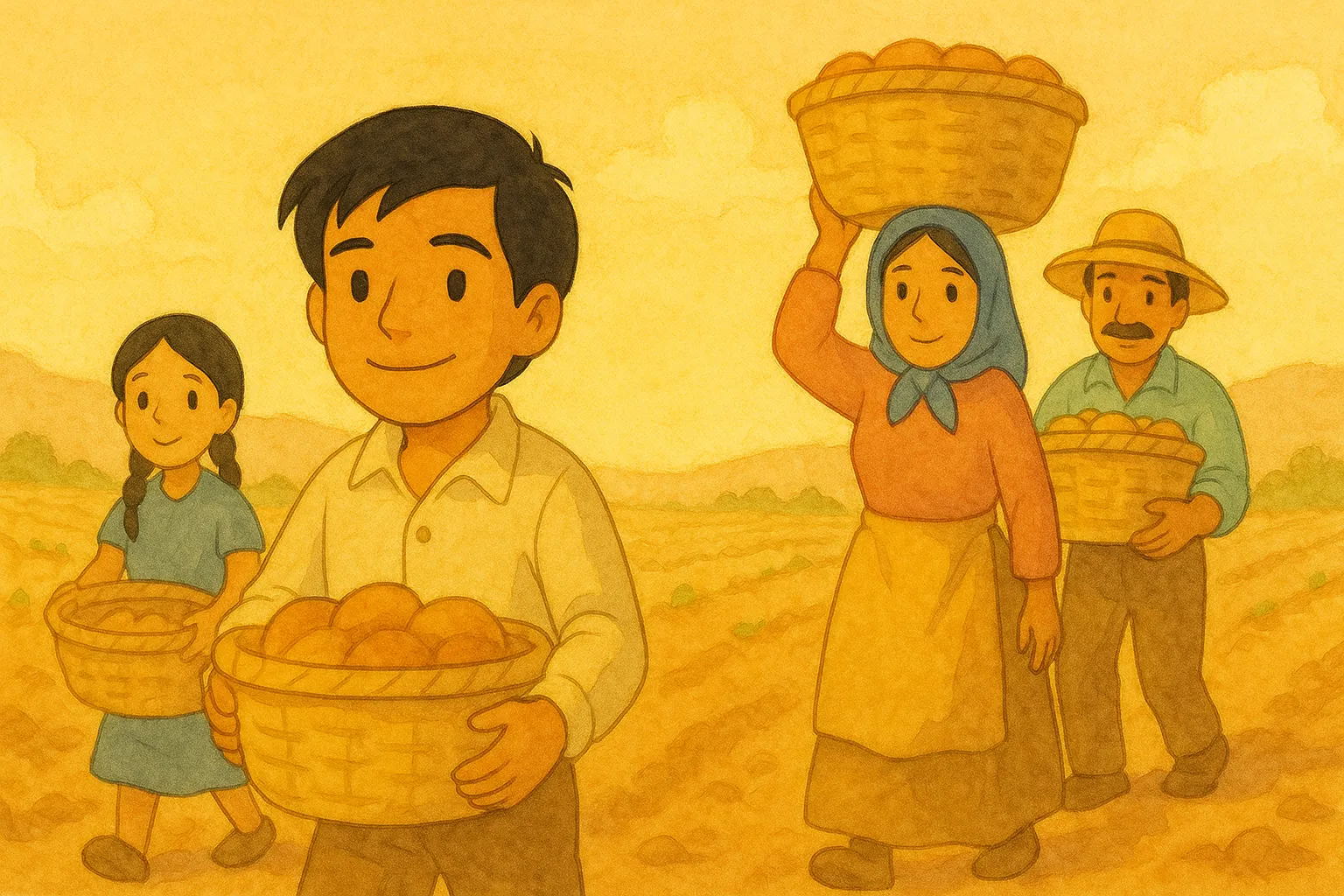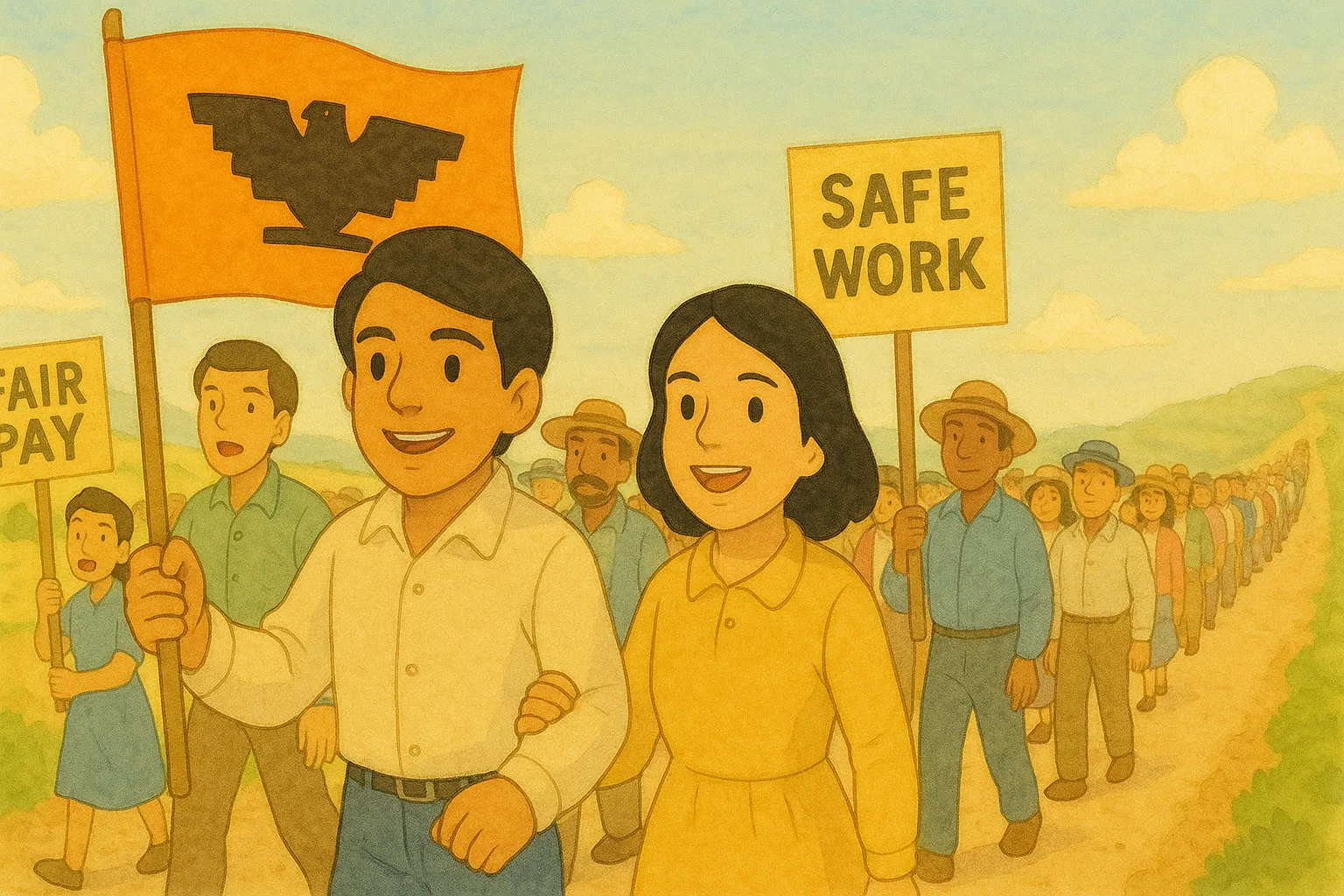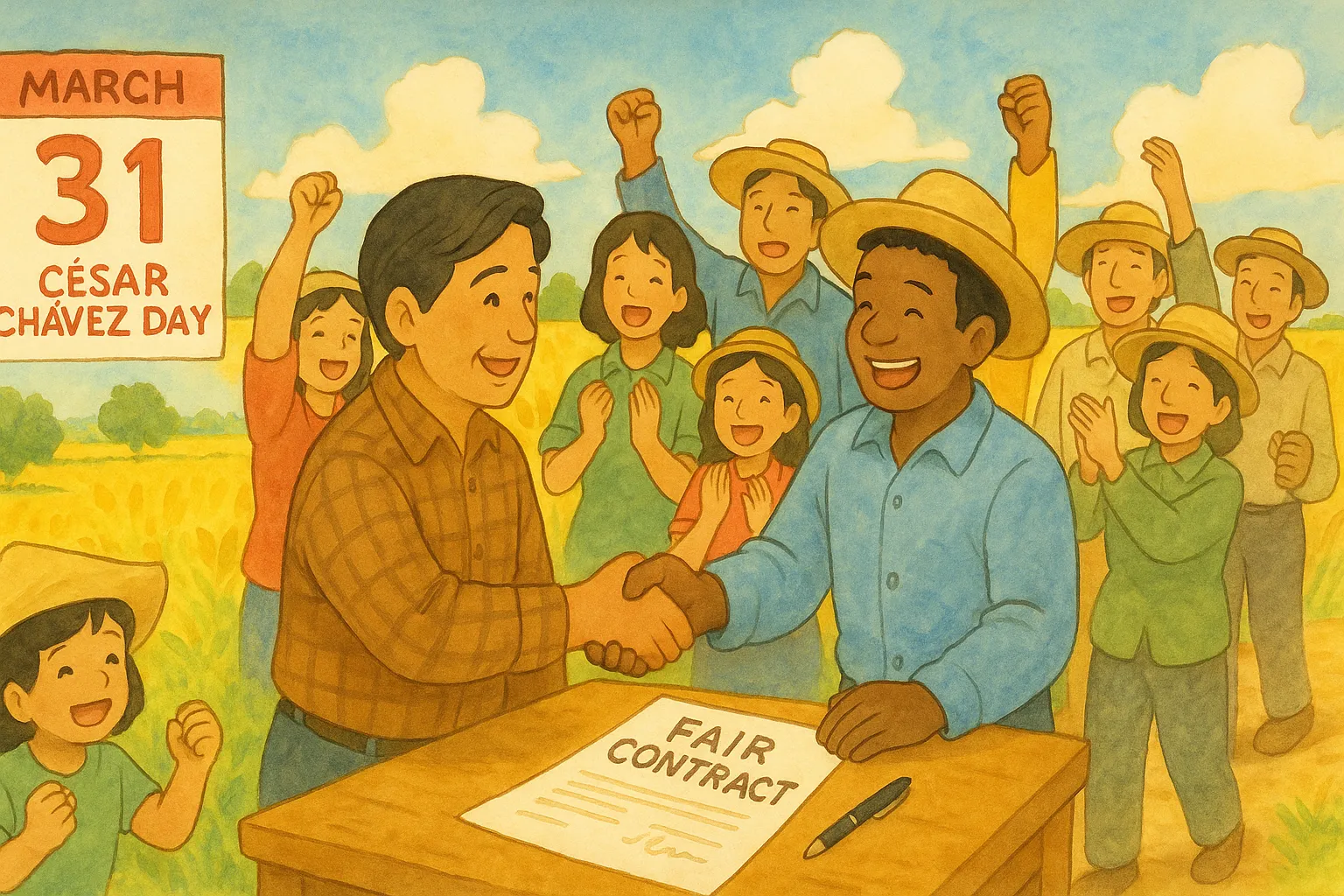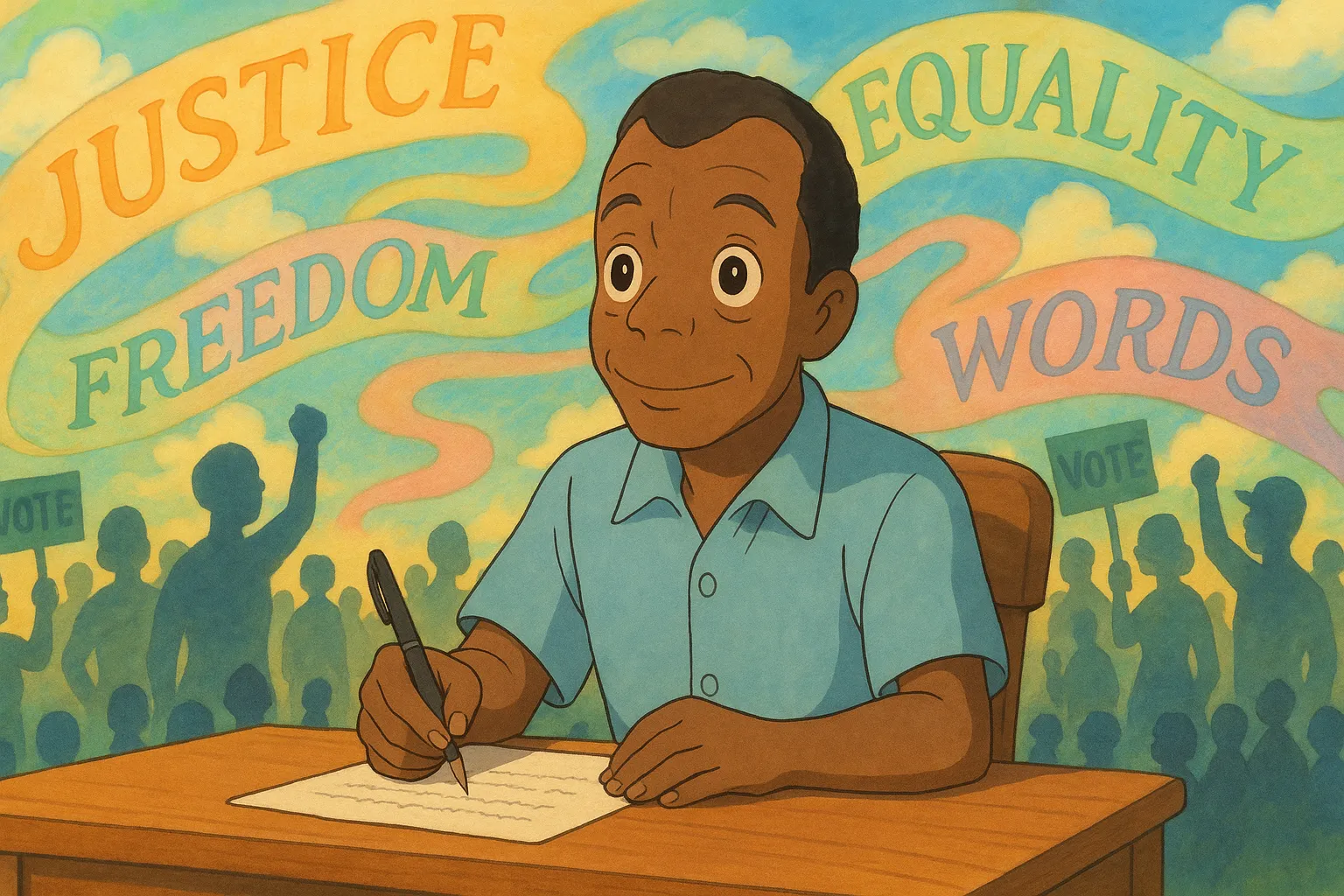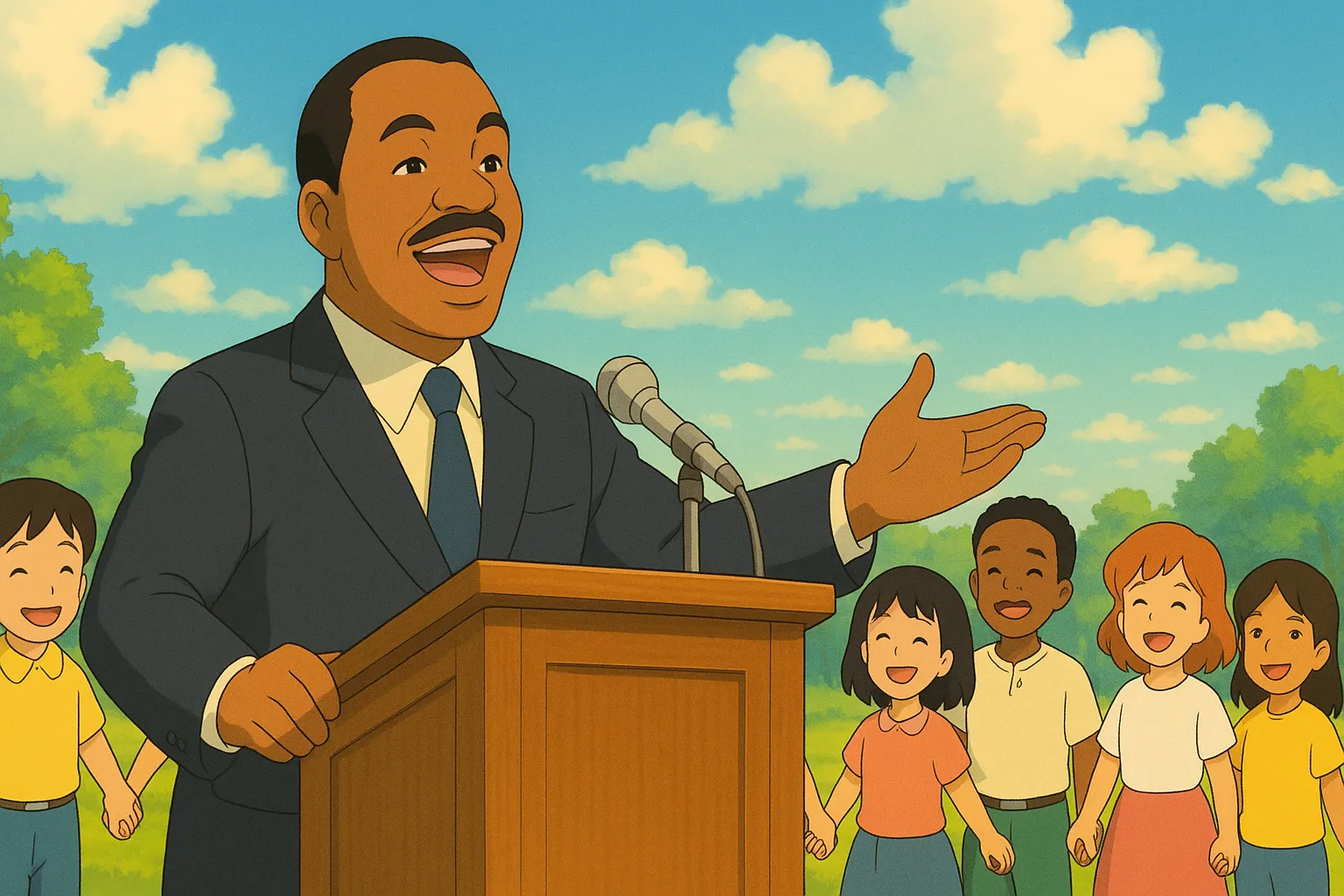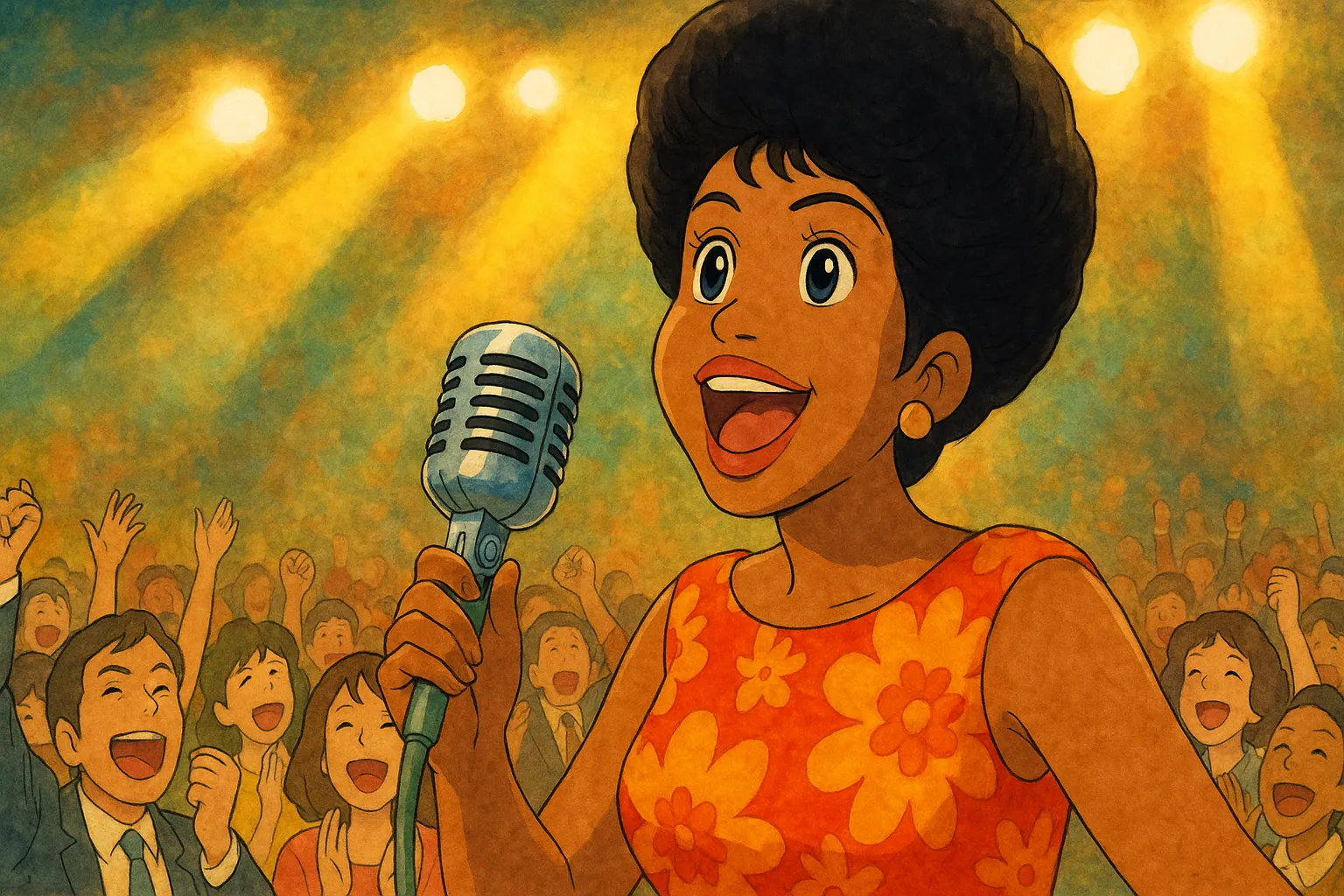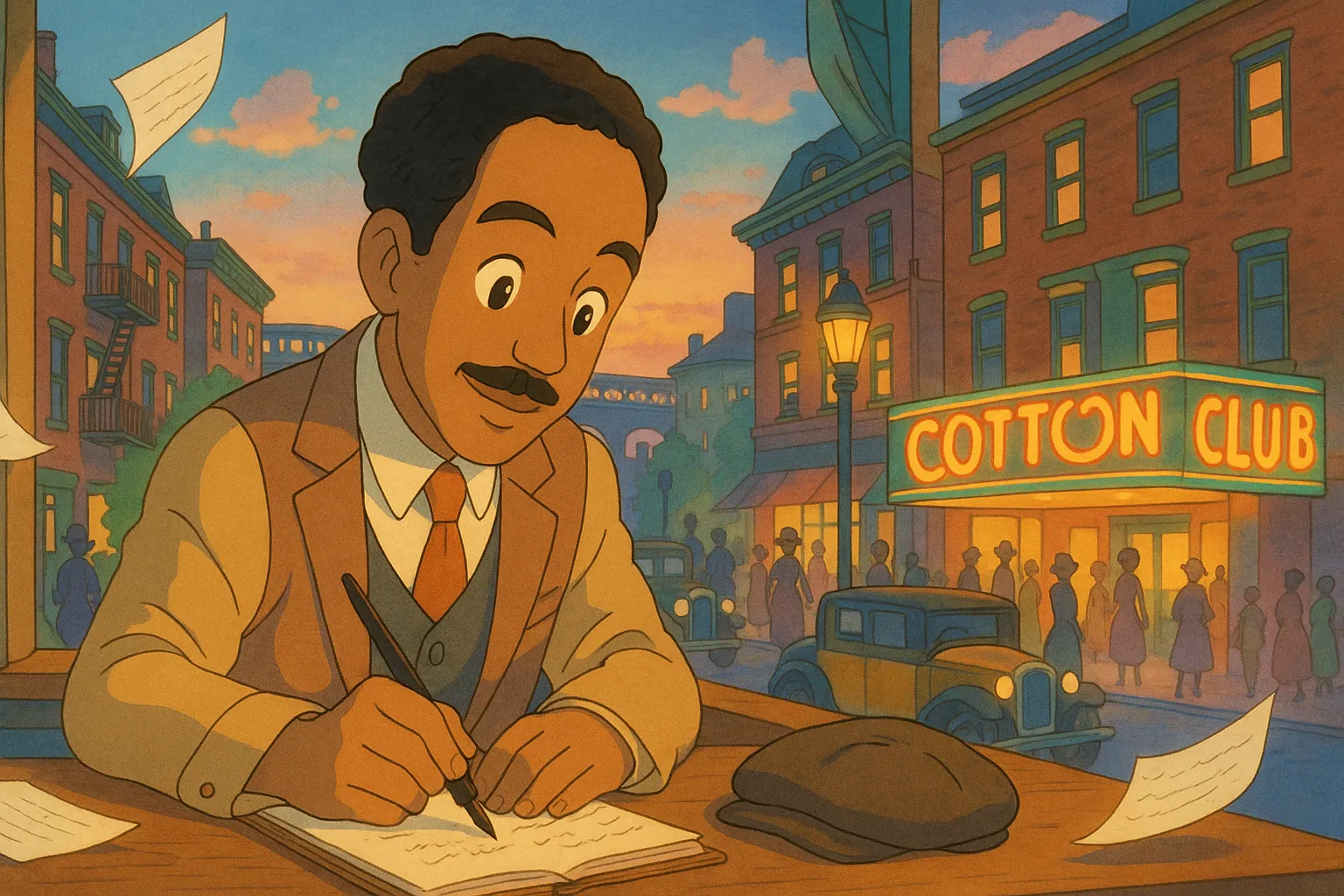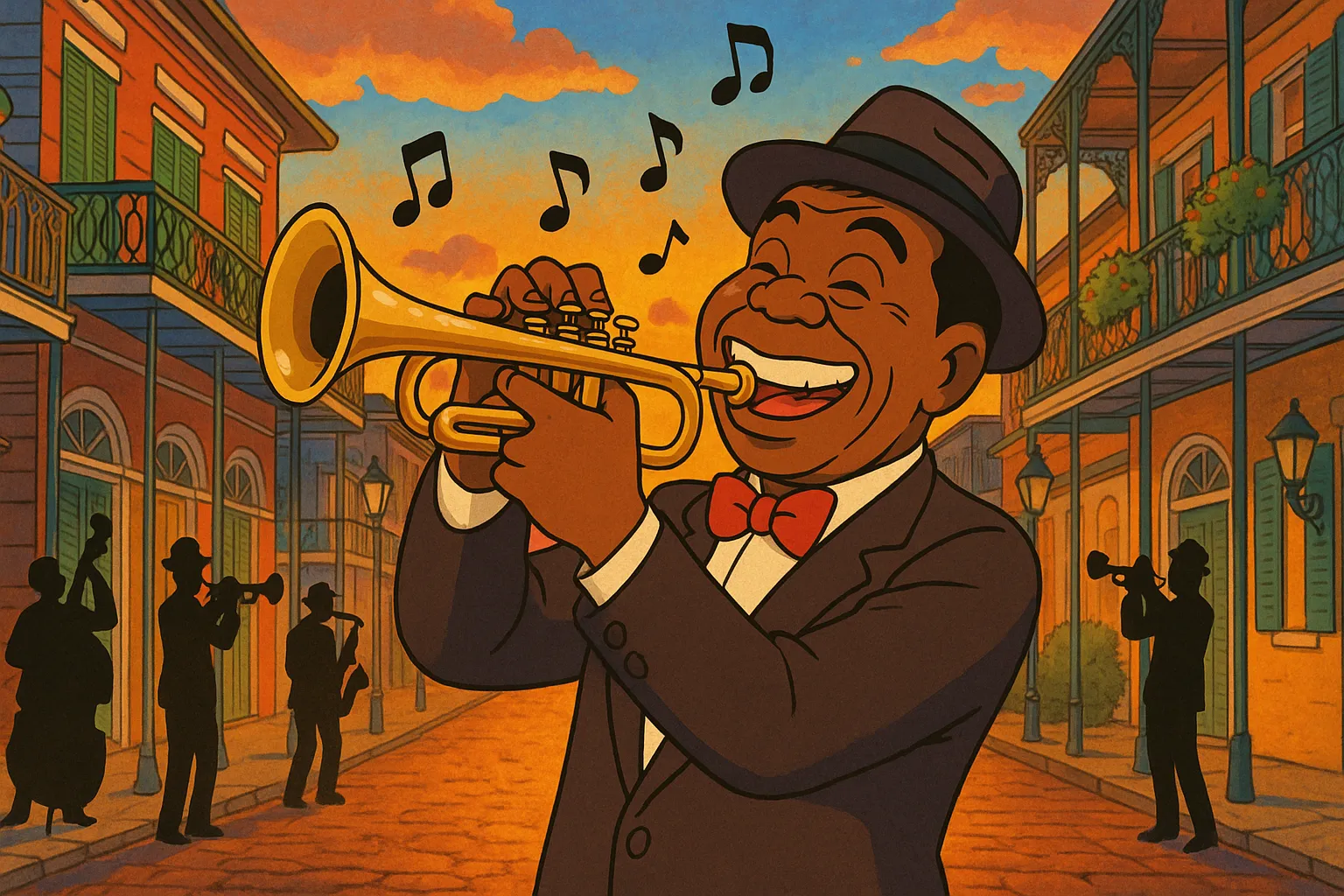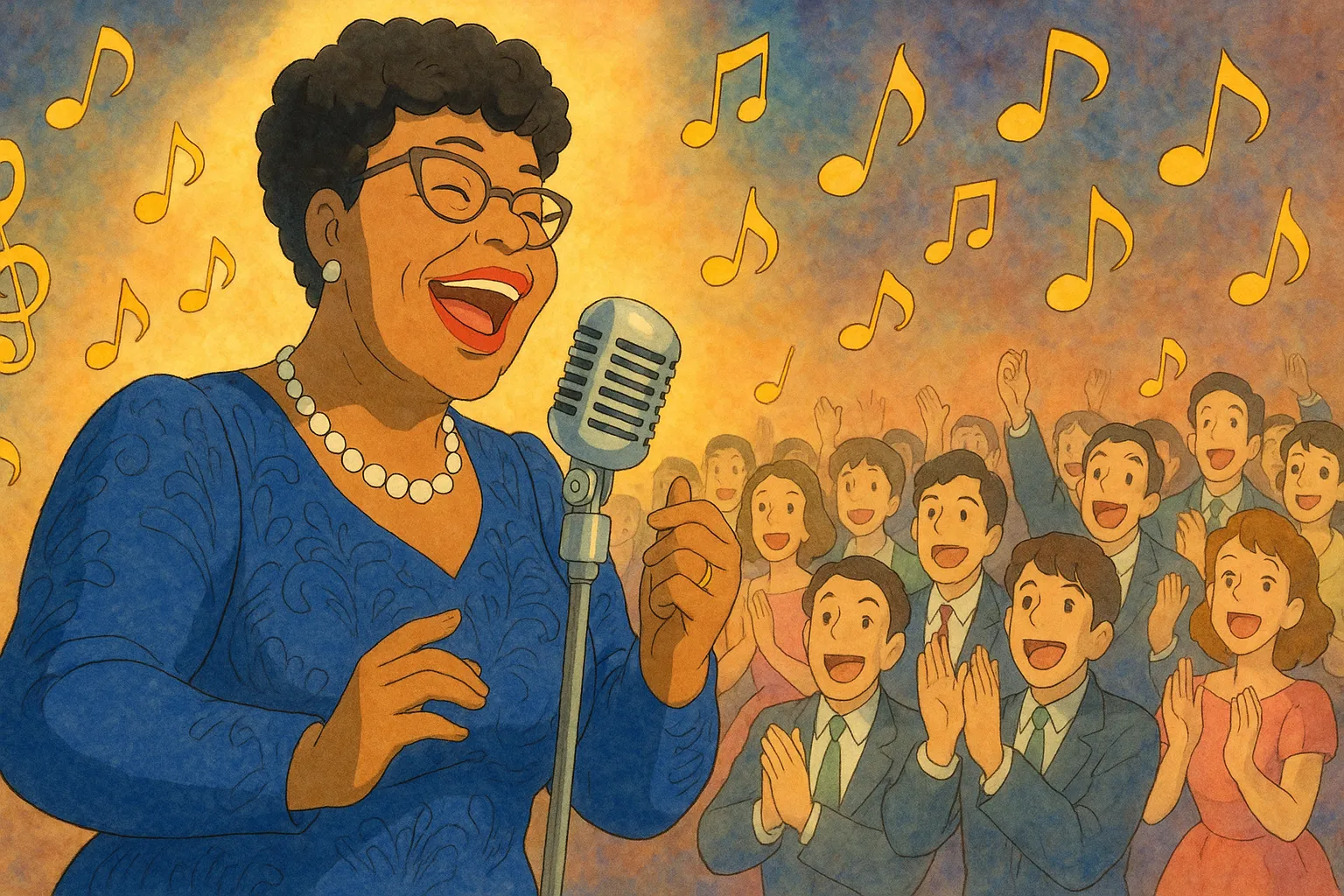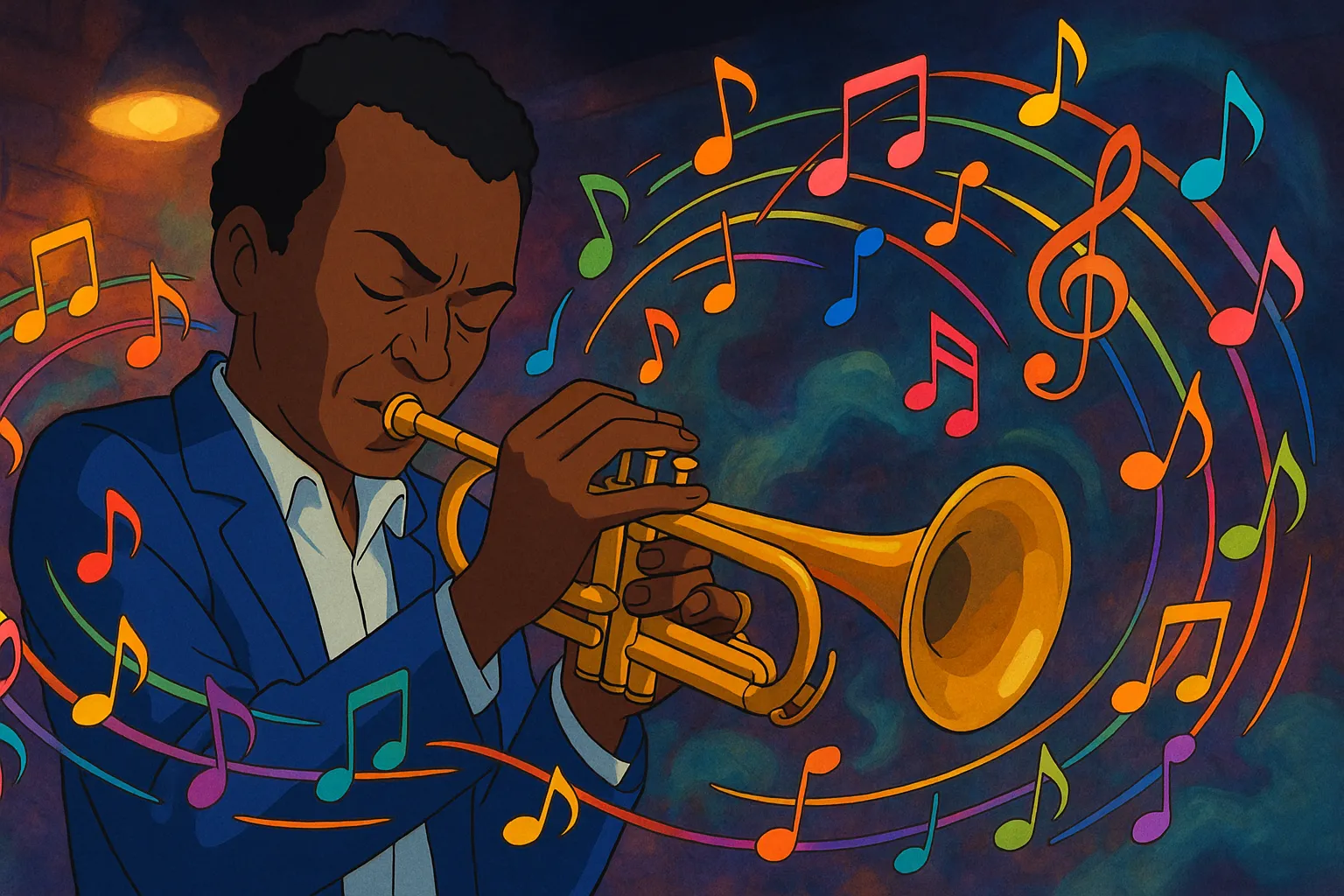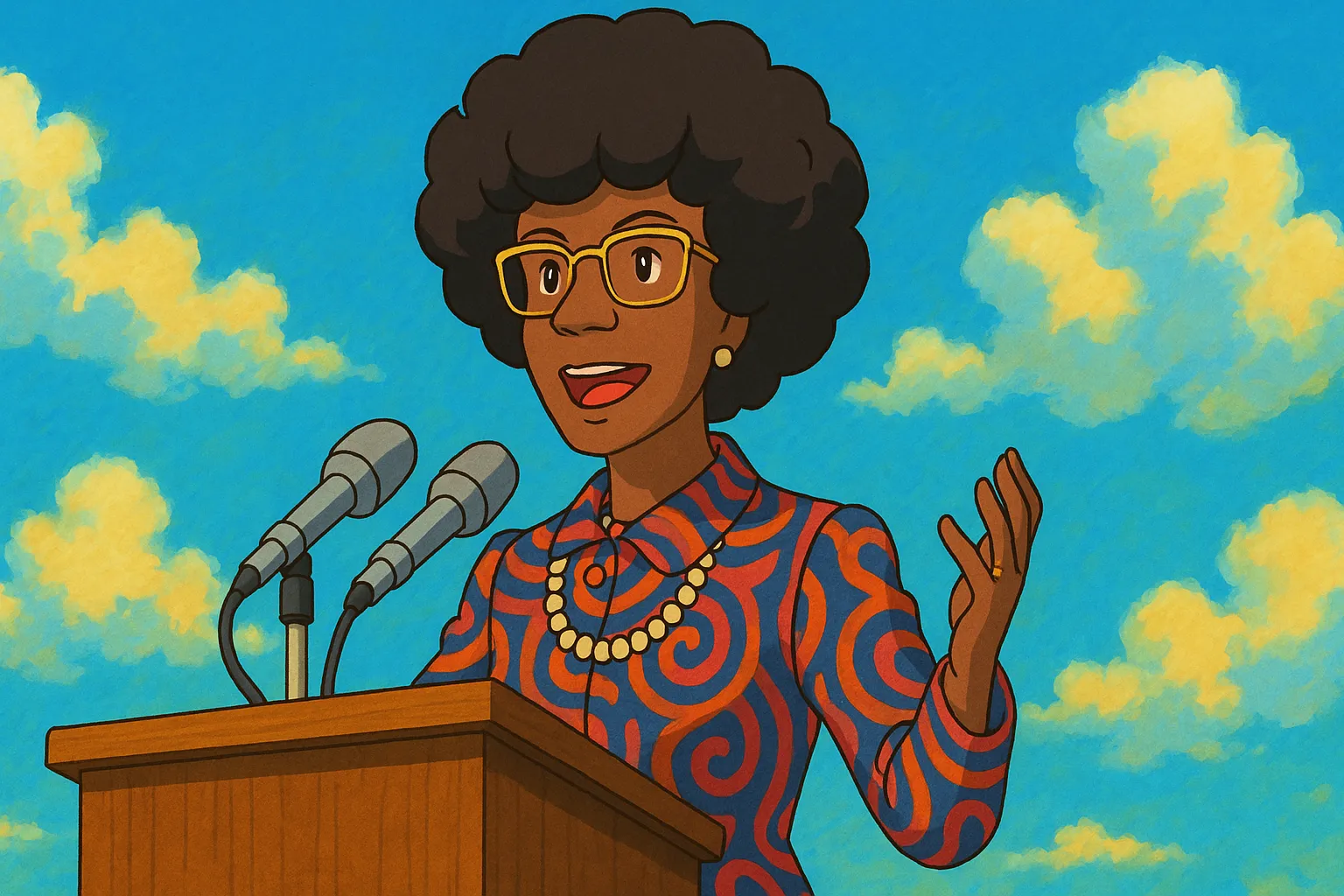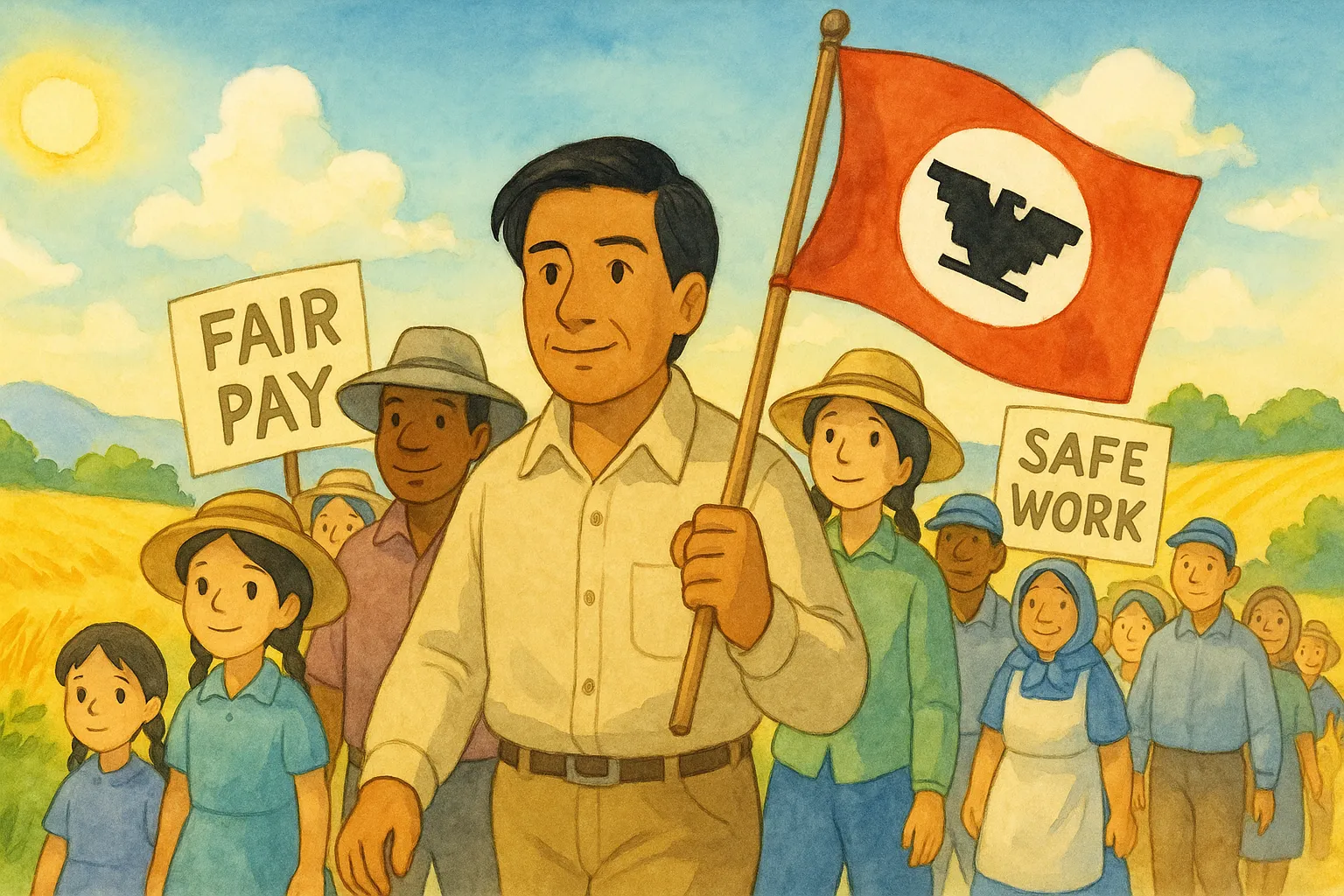
Frequently Asked Questions
When and where was Cesar Chavez born?
Cesar Chavez was born on March 31, 1927, in Yuma, Arizona.
What does "Sí, se puede" mean and who coined it?
"Sí, se puede" means "Yes, it can be done." Dolores Huerta coined the phrase for the farmworker movement and it became linked with Chavez's work.
Did Chavez use religion or spirituality in his actions?
Yes. Chavez drew on his Catholic faith, using prayer and long fasts to reinforce nonviolence and moral commitment among supporters.
What group did he found before the UFW?
He co-founded the National Farm Workers Association (NFWA) in 1962; it later merged into the United Farm Workers (UFW).
How did he help farmworker communities beyond protests?
Chavez promoted programs like voter registration, community organizing, education efforts, and local services to strengthen farmworker communities.
Was Cesar Chavez ever arrested for his activism?
Yes. Chavez was arrested multiple times for protests and acts of civil disobedience during the labor struggle.
Who continued his work after he died?
Dolores Huerta, UFW leaders, and many community and labor activists have continued advocacy for farmworkers and kept his legacy alive.
Did people ever criticize Chavez?
Yes. Some criticized his leadership style, strategic decisions, and union tactics; debates over direction and methods were part of the movement.
